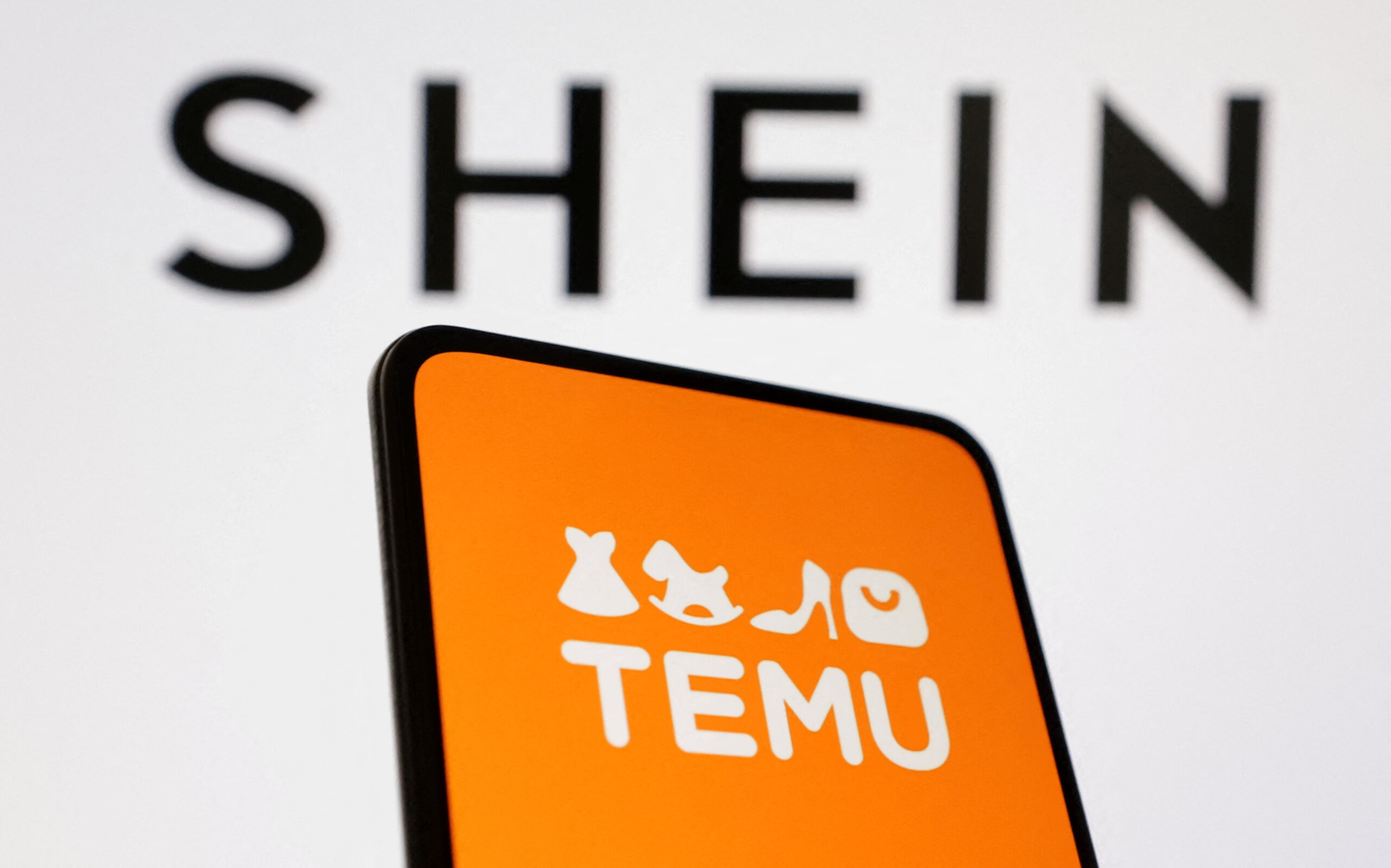
US safety regulators are pressing for an in-depth investigation into the safety practices of popular e-commerce platforms Shein and Temu, with specific concerns about the sale of hazardous baby and toddler products.
Two members of the US Consumer Product Safety Commission (CPSC), Peter Feldman and Douglas Dziak, have formally urged the agency to assess these platforms’ safety controls, particularly their dealings with third-party sellers and their compliance with US regulations.
In a letter issued on Tuesday, September 3, Feldman and Dziak outlined their request for the CPSC to examine Temu and Shein’s practices, including their claims about product imports and their direct-to-consumer shipment methods, sometimes referred to as “de minimis” shipments. These shipments often involve low-value goods imported without significant oversight due to their small size and lack of substantial US presence, posing potential challenges to regulatory enforcement.
The commissioners’ concerns align with recent findings reported by The Information. Last month, the publication revealed that Temu was selling padded crib bumpers, which have been banned in the US due to suffocation risks. Shein, on the other hand, was found offering children’s hoodies with drawstrings—a recognized strangulation hazard according to safety regulators.
Shein and Temu have both responded to the accusations. A Shein spokesperson emphasized that the company prioritizes customer safety and is heavily investing in compliance efforts, including partnerships with testing agencies to improve product safety measures. A Temu representative stated that their platform requires all sellers to adhere to legal and safety regulations, and that the company is fully committed to cooperating with any investigation initiated by the CPSC.
Shein and Temu’s Market Growth in the US
Temu and Shein have rapidly gained traction in the US by leveraging low prices and aggressive online marketing strategies. Temu, owned by PDD Holdings, entered the US market in 2022 and gained substantial visibility with its “Shop Like a Billionaire” ad during this year’s Super Bowl. Similarly, Shein, which launched in the US in 2017, has expanded its reach through widespread advertising on platforms such as Google and Facebook, helping the company grow to a reported valuation of $66 billion.
Both platforms depend on relationships with small manufacturers in China, which enables them to ship goods directly to US consumers at minimal cost. A trade loophole, known as the de minimis exemption, allows packages valued under $800 to enter the US duty-free, which has further fueled their expansion. Industry experts suggest this exemption has played a key role in the platforms’ rapid growth.
In response to these safety concerns, the CPSC has requested additional funding to hire more personnel to monitor emerging e-commerce platforms like Shein and Temu. Lawmakers are also keeping a close eye on these companies. In April, a congressional commission released a report detailing issues with several Chinese fast-fashion platforms, including Shein and Temu. The report highlighted product safety concerns, allegations of forced labor involvement, and the exploitation of trade loopholes.
Featured Image courtesy of Dado Ruvic/REUTERS
Follow us for the latest developments in Shein and Temu’s safety investigations.
